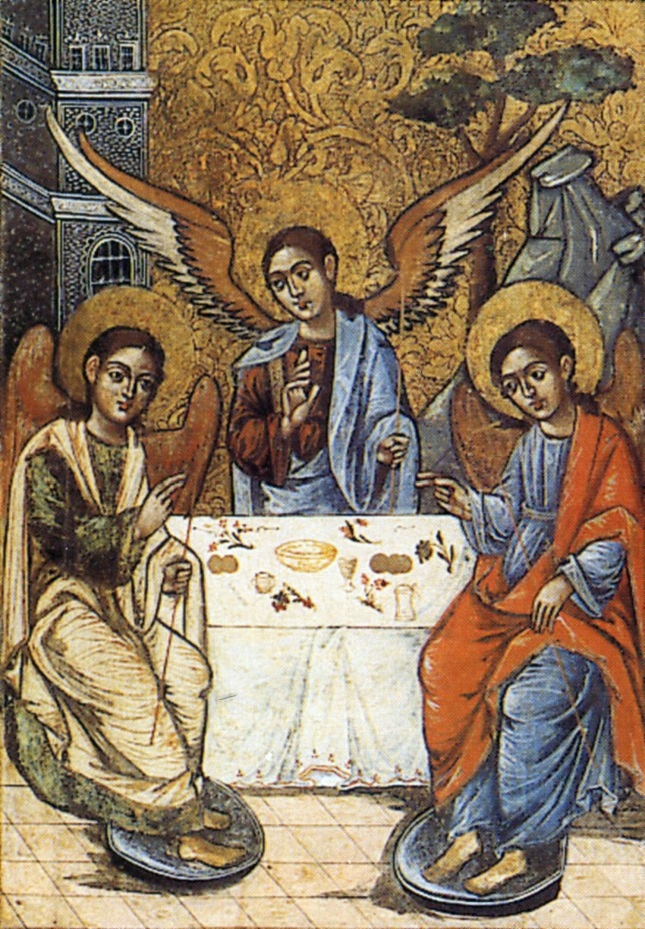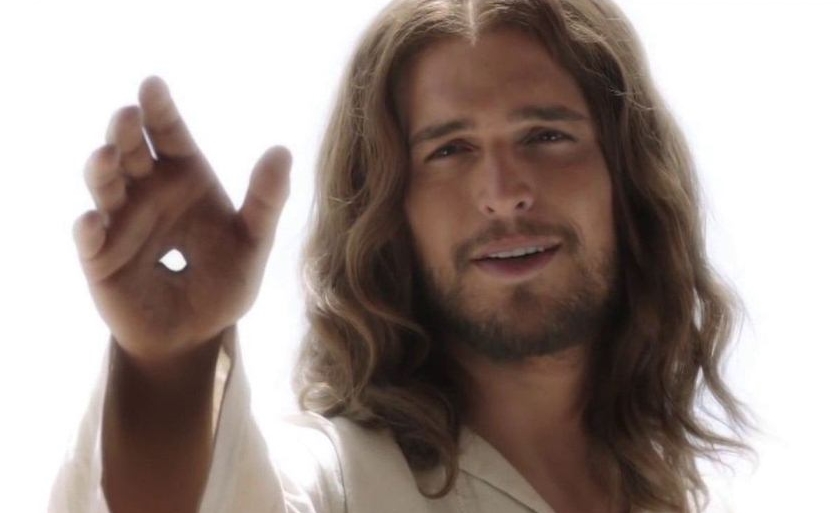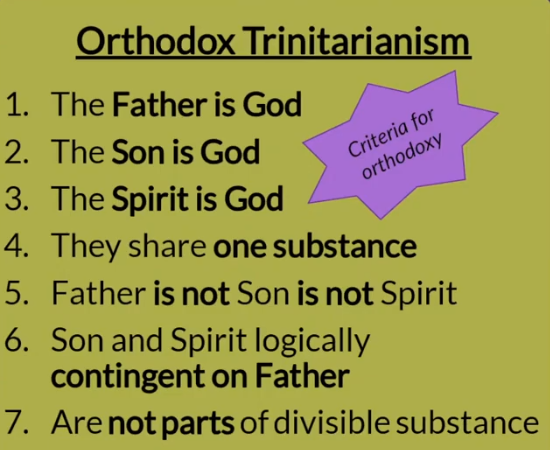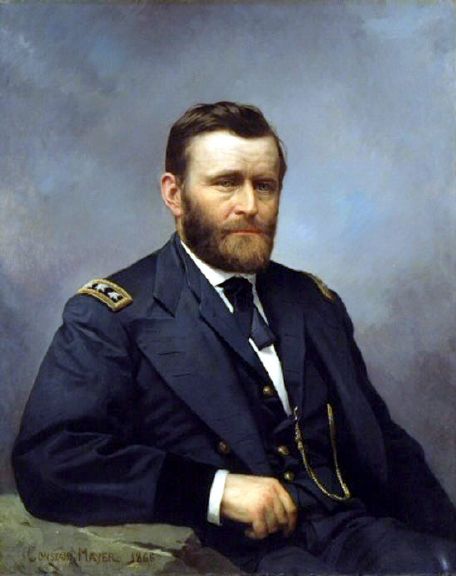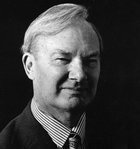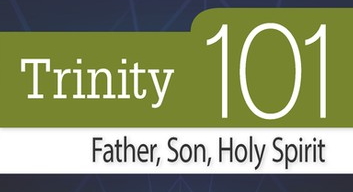Search Results for: What is essential to the gospel, according to Luke?
“Only God can forgive sins.” False.
Bizarrely, many agree with Jesus’s opponents’ assumption in Mark 2.
Islam-inspired Modalism – Part 4
One final example, this time from veteran evangelical apologist Norman Geisler. In chapter 12 of his Answering Islam: The Crescent in Light of the Cross, Geisler gives a sort of standard exegetical argument for “the” doctrine of the Trinity. But he also addresses some Islamic concerns, and when he does, his modalism jumps to the foreground. Here, he tells us what is wrong with “modalism”.… Read More »Islam-inspired Modalism – Part 4
Conversation with Adam about Intellectual Honesty and the Trinity
What does one do when the search for truth clashes with one’s need to fit in?
podcast 246 – Response to Branson Part 4 – the shortcomings of “monarchical trinitarianism”
Is “monarchical trinitarianism” theologically viable?
podcast 32 – review of the movie Son of God (2014)
Last night I finally saw the 2014 movie Son of God. I’m not as down on the movie as this guy! Other reviewers point out some inaccuracies of detail. Others say it’s just too compressed. Me, though I liked the movie, I most noticed what New Testament material they left out, as well as their familiar, confused picture of Jesus and God. In this episode,… Read More »podcast 32 – review of the movie Son of God (2014)
First Review of the How ___ Became ___ books
by evangelical apologist Rob Bowman, at the Parchment and Pen blog. He has a nice and fair summary of Ehrman’s book, and he then focuses to a large extent on New Testament issues. He puts his finger on several of the key issues most Christians will have with Ehrman’s theory – places where Ehrman really goes out on a limb. For example, A second notable… Read More »First Review of the How ___ Became ___ books
podcast 329 – Dr. Joshua Sijuwade on divine identity
Is the idea of essence the key to understanding Bauckham’s christology of divine identity?
podcast 326 – Dr. Licona’s historical case that Jesus considered himself to be God – Part 1
Dr. Mike Licona argues that the real, historical man Jesus considered himself to be God.
“What, is the Son supposed to be an atheist?” – Part 1
Well, OF COURSE God incarnate will have the Father as his god.
letter to a friend who is converting to Orthodoxy
…let me comment on your later post where you explained, on a biblical level, what pointed you to converting to Orthodoxy…
podcast 61 – Dr. Dustin Smith on preexistence in ancient Jewish thought
If a native English speaker says “you have a frog in your throat,” this means that your voice doesn’t sound normal, but is low, broken, “croaky.” It is a mistake to think that he is saying that you literally have a frog in your throat! What about when the author of Revelation refers to the Lamb slain from the foundation of the world and the… Read More »podcast 61 – Dr. Dustin Smith on preexistence in ancient Jewish thought
MMM Gone Wild at Paris! Or, the Birth of Philosophical Psychology in Trinitarian Theology (Scott)

“All we need is one substance to cure the ills of our society!” “I have personal experience with substance abuse, and it is wrong.”
Before I start a mini-series on the Trinitarian thought of Henry of Ghent, I thought it would be good to offer a brief survey of the late 13th c. landscape. This is way too brief and fairly focused, but hey, you’ve got to start somewhere. As the scholastics would say, you cannot will to do something, unless you have some sort of knowledge. No voluntary action without knowledge, however imperfect or confused that knowledge is! (As an aside: Jean-Luc Marion, a contemporary philosophical-theologian and former student of Jacques Derrida contests this medieval Aristotelian claim, and argues that acts of will –i.e. to love- does or can precede any knowledge.)
Of all the issues to discuss about the Trinity the one at hand here is the question: what causes or explains why the divine persons are really distinct from each other? We know there are three persons, and one ‘substance’/’ousia’ from Scripture and our orthodox Creeds, but is there anything that we could say that might account for why there are three, and not say five divine persons? Or even, why not say there is a potential infinity of divine persons (on some contestable account of the deification of believers)? You get my point. Why three divine persons and what makes it that there are three, no more and no less?
Debating Dale Starter Pack
Want to debate (or just refute) me? Here are some things you should study.
podcast 296 – Assessing Craig’s “Trinity Monotheism” – with Dale Glover – Part 1
A conversation on Dr. William Lane Craig’s unique take on the Trinity.
podcast 336 – Chris Date’s Search for a Viable Trinity Theory – Part 1
Is there a Trinity theory which is both orthodox and coherent? One apologist’s suggestions, with commentary.
podcast 78 – Mr. Chad McIntosh on the Trinity as a Functional Person
The Social Trinity may be more social than you thought. In this episode I talk with trinities contributor Mr. Chad McIntosh about his new twist on a “social” Trinity theory – that not only are there three divine persons or selves, but in another but related sense, the Trinity is a person, what he calls a functional person.
Is the doctrine of the Incarnation prior to & the source of Trinitarian doctrine? – Part 1
I was reading famous philosopher of religion John Hick‘s contribution to the 1982 book The Concept of Monotheism in Islam & Christianity, and ran across an interesting idea. Let me put it in context. If you know anything about Hick, you can guess that in his chapter he’s is ultimately trying to promote his unique theory of religious pluralism. Here’s the connection he sees between… Read More »Is the doctrine of the Incarnation prior to & the source of Trinitarian doctrine? – Part 1
podcast 316 – Review of Papandrea, Trinity 101: Father, Son, Holy Spirit
“…the doctrine of the Trinity is not in Scripture per se, but is the result of the Church’s interpretation of Scripture.”
Question about Gregory of Nazianzus on Divinity, the Son and the Spirit

“This is some writing about that which nothing can be written about. Pretty cool, huh?”
I’ve been reading Gregory of Nazianzus lately, his famous Theological Orations (c. 380 CE), wherein he expounds and defends what scholars call the pro-Nicene consensus about the Trinity – a viewpoint which developed in the latter half of the 4th c. by bishops rallying around the new homoousios term.
In the second oration, he hits this theme hard: God’s essence (the divine nature, the Godhead/deity) is unknowable. What does he mean by this? Only that it isn’t completely knowable (by us, in this life)? He does think that, but he’s saying more than that.Read More »Question about Gregory of Nazianzus on Divinity, the Son and the Spirit




